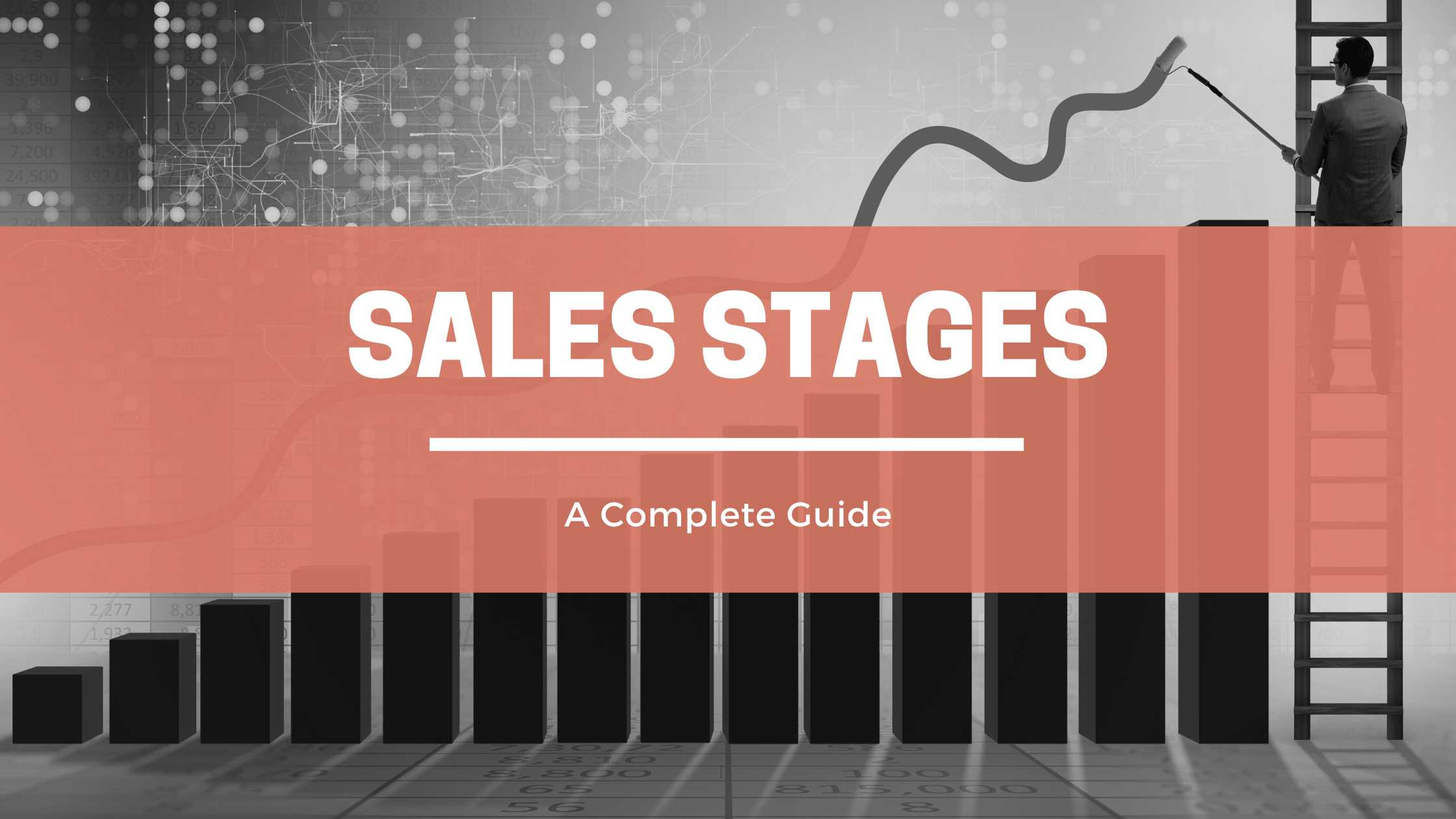In the world of sales, it’s essential to have a clear understanding of the different stages that a sale goes through.
What is sales stages?
Sales stages refer to the different phases or steps that a sales process typically goes through from the initial contact with a potential customer to the closing of a sale. These stages can vary depending on the specific industry or company, but common stages include prospecting, qualification, needs analysis, presentation, handling objections, and closing.
What is the importance of sales stages?
The importance of sales stages is that they provide a framework for salespeople to follow and a way to measure progress and identify potential issues. By breaking the sales process down into stages, salespeople can focus on specific tasks and activities at each stage, which can help increase their efficiency and effectiveness. Additionally, by tracking progress through the sales stages, sales managers can identify where salespeople may be struggling and provide additional training or support. Overall, sales stages help to ensure that the sales process runs smoothly and that the sales team is able to consistently hit their targets.
What are the sales stages?
The sales stages can vary depending on the specific industry or company, but common stages include:
What is Prospecting?
Prospecting is the initial stage of the sales process where salespeople identify and engage with potential customers. This can include researching potential leads, reaching out to them through various channels, and setting up initial meetings or calls. It is important because it helps businesses to identify new sales opportunities (increasing sales pipeline) and grow their customer base.
What is Qualification?
Qualification stage is where salespeople determine if a potential customer is a good fit for the product or service being offered. This can include assessing their budget, needs, and decision-making authority. It is important because it helps businesses to prioritize and focus their sales efforts on the most promising leads, and to identify and mitigate potential risks before investing significant resources in a sale.
What is Discovery?
Discovery stage is where salespeople gather more information about the potential customer’s needs and pain points. This can include conducting interviews, surveys, and analyzing data. It is important because it helps businesses to understand the customer’s perspective, tailor their sales pitch and solutions to the customer’s specific needs, and increase the likelihood of closing the sale.
What is Demo?
The demo stage is where the salesperson will present their product or service to the potential customer, often through a demonstration or a proposal. It is important because it allows businesses to showcase the capabilities of their product or service and how it addresses the customer’s needs, helping the customer visualize how the product or service will fit into their business operations, and increase the likelihood of closing the sale.
What is Proposal?
A proposal is a document that outlines the product or service being offered, the cost, and the terms of the sale. It is usually presented to the potential customer during the presentation or demo stage of the sales process. It is important because it formalizes the sales offer and helps to communicate the value of the solution to the customer, and provide a clear and detailed plan of action for the customer to consider and make a buying decision.
What is Objection Handling?
Objection handing is when a salesperson addresses and overcomes any objections that the potential customer may have. It is important because it helps businesses to address and overcome any potential roadblocks to closing the sale, ensuring that the customer is fully informed and comfortable with the decision to buy.
What is Negotiation?
Negotiation is the process of discussing and reaching an agreement about the terms of a sale with a potential customer. This can include discussing the price, delivery, and other terms of the sale, and finding a mutually beneficial solution. It is important because it allows businesses to achieve their goals while also taking into consideration the needs and goals of the customer or partner, and helps to build a lasting and mutually beneficial relationship.
What is Follow-up?
After the closing, the salesperson will continue to keep in touch with the customer to ensure their satisfaction and look for potential up-sell or cross-sell opportunities. It is important because it helps businesses to ensure customer satisfaction, identify potential upsell or cross-sell opportunities, and build long-term relationships with customers. It also helps in keeping the business top of mind with the customer or prospect, which can lead to repeat or referral business.
What is Closing?
Closing is the final stage of the sales process, where the salesperson asks the customer to make a purchase or sign a contract. It is important because it represents the successful completion of the sales process, and the realization of revenue for the business. Additionally, closing a sale is essential for the growth and sustainability of a business.
What is Closed Lost?
This refers to a sale that did not close and will not be pursued further.
What is Closed Won?
This refers to a sale that has been successfully closed and completed.
What is Fulfilment?
This refers to the process of delivering the product or service that was sold and ensuring that the customer is satisfied with their purchase. This can include installation, training, and providing customer support. It is important because it is the final step in the sales process and it’s the moment when the customer’s needs are met and the promised value is delivered. A successful fulfillment process can lead to customer satisfaction and future business opportunities.
What are the stages of a sales pipeline?
A sales pipeline is a visual representation of the different stages of the sales process. These stages can vary depending on the specific industry or company, but common stages include: lead generation, qualification, needs analysis, proposal/presentation, negotiation, closing, and follow-up/retention.
What are the 7 steps in the sales process?
The 7 steps in the sales process typically include:
- Prospecting: Identifying and engaging with potential customers
- Qualification: Determining if a potential customer is a good fit for the product or service being offered
- Needs Analysis: Gathering information about the potential customer’s needs and pain points
- Presentation or Demo: Presenting the product or service to the potential customer
- Handling Objections: Addressing and overcoming any objections the potential customer may have
- Closing: Asking the customer to make a purchase or sign a contract
- Follow-up: Keeping in touch with the customer to ensure their satisfaction and look for potential up-sell or cross-sell opportunities
What are the 5 pillars of sales?
The 5 pillars of sales are often considered to be:
- Prospecting: Identifying and engaging with potential customers
- Presentation: Communicating the value of the product or service being offered
- Handling objections: Addressing and overcoming any objections the potential customer may have
- Closing: Asking the customer to make a purchase or sign a contract
- Follow-up: Keeping in touch with the customer to ensure their satisfaction and look for potential up-sell or cross-sell opportunities.

